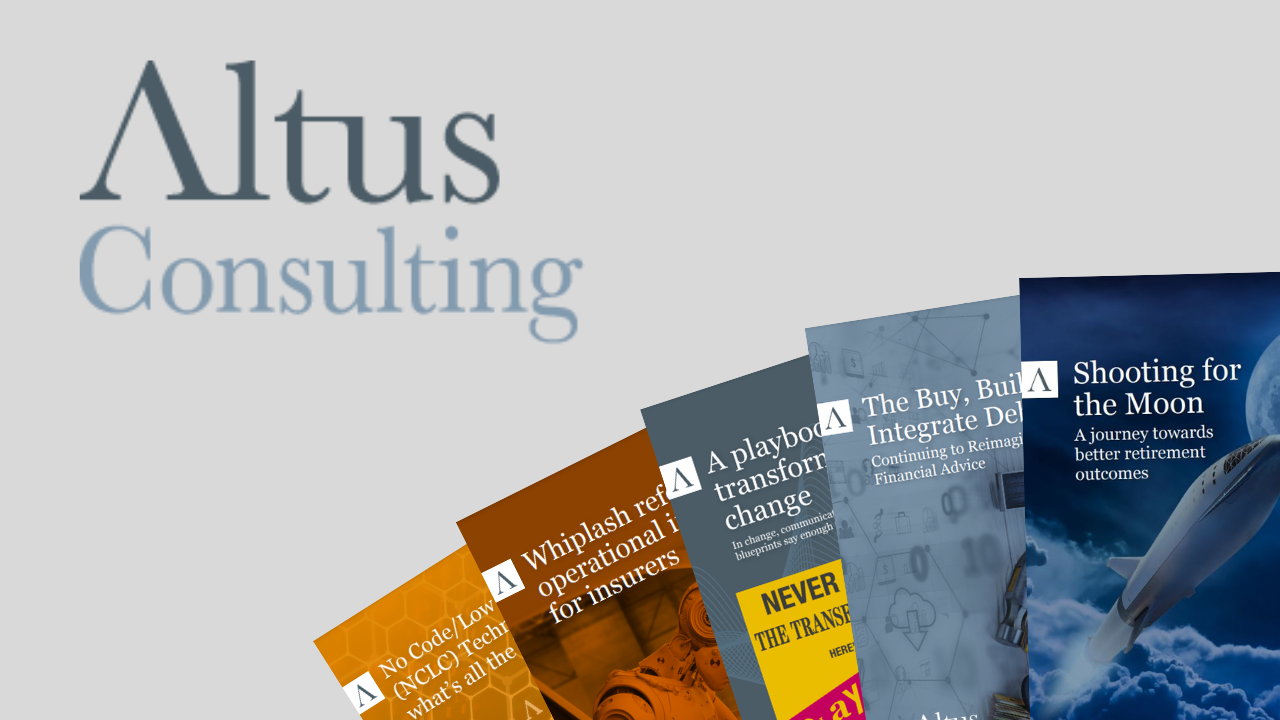As Greta Thunberg continues to make headlines and punch well above her diminutive weight, it seems clear her messages reflect the concerns of a growing number of the world’s population.
The world is getting warmer and global weather patterns are getting weirder and more destructive. Scientific consensus of man-made global warming was emerging in the 1990s, and scientists’ worst-case predictions cast a damning indictment of successive governments’ failure to act in the last 30 years.
But it is not just the government that can effect change. Trillions of pounds are invested in the UK’s pensions and savings, and shareholder power is a much less publicised way to influence the world’s key decision-makers.
Yet recent consumer research commissioned by Franklin Templeton shows that almost half of all millennial workers would be prepared to increase their pension contributions if they believed their money would be invested sustainably.
They concluded that this equates to an additional £1.2bn a year in contributions, nearly 20% higher than today’s DC contributions by members. Promote this message to their wealthier parents, perhaps worried for their childrens’ future, and the effect could be multiplied.
Providers such as NEST and The People’s Pension are among those taking the lead in socially responsible investing. NEST are aligning their investment principles for their £8bn portfolio to a “sustainable capitalism” approach and the FRC’s stewardship code, and now use tools from Sustainalytics and RepRisk to screen their investments on an ongoing basis.
These tools and services combine artificial intelligence with human expertise to provide daily securities and funds monitoring. NEST is currently in the process of divesting from all tobacco-related investments. Where they are continuing to invest in mining, oil and gas stocks in the default target dated retirement funds, they are committing to using their power as shareholders to lobby for change.
Rival firm B&CE has built responsible investing into the core of its stock selection strategy, using its Integrate, Screen, Engage approach to decide whether to exclude stocks or work with organisations in its portfolio to push for change.
Until now, though, most workplace pension providers have focused more on the governance strand of ESG, particularly performance and value for money, and left it up to members to select a different ethical fund if they choose. Over 90% of workplace scheme members remain in their scheme’s default fund, leading many to argue that default funds should be ethical as standard.
Trustees have had to reassess their statements of investment principles for October’s newly implemented legislation. This should drive a gradual shift in pension schemes’ default funds towards more sustainable and socially responsible investments.
But as the regulations relate to the statement of investment principles (a document few members will ever read), change is still likely to be most visible in schemes with a high level of member engagement, perhaps especially when combined with a younger membership demographic.
Do it yourself?
For DIY investors in ISAs, SIPPs or other personal pensions, the picture is somewhat mixed. A scan through the websites of a selection of direct-to-consumer investment platforms reveals that all offer over 100 different ethically focused funds, and for some, socially responsible investing is a hot topic; others make it quite hard for their customers to access these investments.
I’m reluctant to name and shame anyone until I have researched the whole direct-to-consumer market – one which is growing all the time with retail banks re-entering the sector and robo-investment start-ups continuing to emerge.
For now, I will call out some highlights of best practice from the most ESG-friendly players currently in the market:
- Sustainable investing is front and centre of the website, on the home page
- There are links to well-written blog content and explanatory videos
- Investments are searchable by ethical category or sector, and differences between investment approaches (negative screening, ESG or impact investing) are explained in plain English.
The least helpful platform I’ve found (so far) is certainly not short of ethical choices, offering over 160 socially responsible investments.
However, to identify all of them, investors must search for them using any one of a number of keywords that many consumers will not be familiar with. My list included: ethical; sustainable; sustainability; ESG; responsible; impact; ecology; SRI; clean energy.
None of these identified that the Stewart Investors Asia Pacific Leaders Fund, listed on many platforms’ favourite funds lists, is also run on a sustainable footing. Worse still, most of the guidance content on this platform was only accessible to existing customers with a minimum level of investments – excluding most new investors.
Must try harder
Even the best of the investment platforms could do more to promote ethical investing and, in particular, make it easier for consumers to invest in line with their own ethical principles. Workplace pension schemes, too, should be building in ‘ethical as standard’ into their default funds, since most members stay invested in these funds.
Over the next few weeks, I’ll be doing further analysis of the direct investment market, where I’m sure we will start to see big changes as the Greta effect continues.
I’ll also be contacting the main workplace pension providers to get a clearer idea of their changing stance on ethical investing. I’m keen to hear from your schemes about the progress you are making in this area. In particular I’d like to hear your success stories on engaging members through empowering them to make positive change.
Article first published in Mallowstreet on 3rd October 2019.




